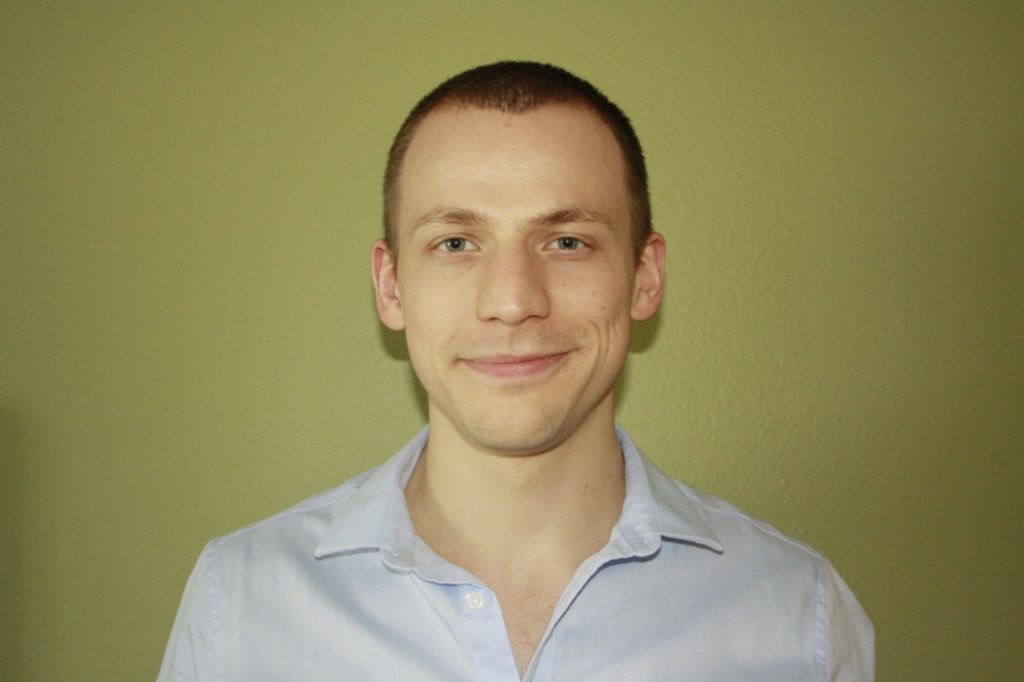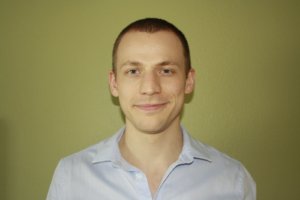
Research Fellowship Recipient Nicholas Mikolajewicz Taking on Glioblastoma
 Nicholas Mikolajewicz is a Postdoctoral Researcher at the Terrence Donnelly Centre for Cellular & Biomolecular Research at University of Toronto.
Nicholas Mikolajewicz is a Postdoctoral Researcher at the Terrence Donnelly Centre for Cellular & Biomolecular Research at University of Toronto.
He’s also this year’s William Donald Nash Brain Tumour Research Fellowship Recipient, and Brain Tumour Foundation of Canada is proud to award this fellowship to Nicholas, and commend his commitment to #EndBrainTumours.
Read more about his exciting new project, “Identifying transcriptional drivers of glioblastoma heterogeneity.”
Brief summary of research:
Glioblastoma Multiforme (GBM) remains an incurable brain cancer, largely due to its ability to
transition and co-exist between multiple distinct states within individual patient tumours. Resistant GBM
subpopulations are capable of evading immunotherapy and result in aggressive recurrent tumours with
poor clinical outcomes. This project will use a combination of bioinformatic and genetic tools to identify
gene expression regulators in GBM cells (i.e., transcription factors) that enable the reprogramming of
heterogenous GBM tumours into uniform states that are responsive to immunotherapy. Candidate
transcription factors that control the transition of GBM between different cell states will be identified
using (i) a combination of single-cell transcriptomics and bioinformatics to map GBM-subtype-specific
gene expression patterns to known gene regulators, and (ii) genome-wide CRISPR screens to identify
genes that influence GBM immune resistance. GBM cells will then be genetically-engineered to disrupt
the functions of candidate transcription factors to identify specific genetic perturbation that reprogram
GBM cells into uniform cells states for each GBM subtype. Ultimately, the growth of reprogrammed
GBM tumours in mice receiving tumour-targeting T-cell transfers will be evaluated. This work will
provide novel insights into the drivers of GBM heterogeneity and explore whether reprogramming GBM
tumours can lead to better immunotherapy outcomes.
What receiving this award means to Nicholas:
Being awarded the William Donald Nash Brain Tumour Research Fellowship will allow me to develop an exciting project in glioblastoma that addresses one of the greatest challenges in cancer treatment: How do we treat something that actively evades conventional and emerging treatments? Emerging single-cell genomic technologies make this an exciting time for cancer research, as they provide tools to glimpse into tumor heterogeneity and complexity at an unpreceded single cell-level resolution. Over the term of this fellowship I will develop and apply these technologies to identify novel molecular targets that will reprogram glioblastomas to different states, with the aim being to sensitize these tumors to existing and emerging treatments. As a postdoctoral fellow, this fellowship is an incredible opportunity to develop my own ideas and apply my interdisciplinary training in statistics, cellular biology and single-cell genomics to the complexities presented by glioblastoma. As a medical student, my excitement for this project cannot be overstated as the support of this fellowship sets the stage for me to develop my eventual findings into novel and exciting therapies as a clinician scientist. I am grateful to the Nash Family and the Brain Tumour Foundation of Canada for this generous opportunity, and for supporting my aspirations towards becoming a clinician scientist.